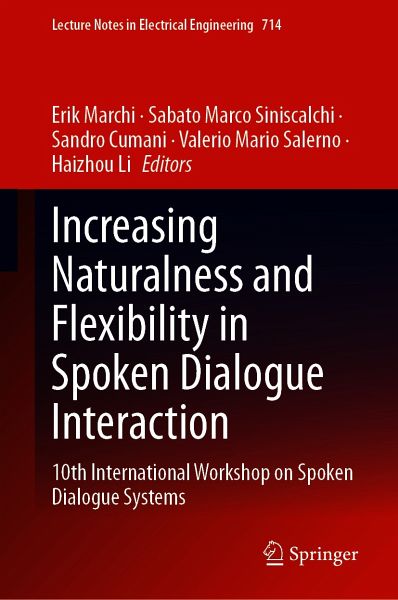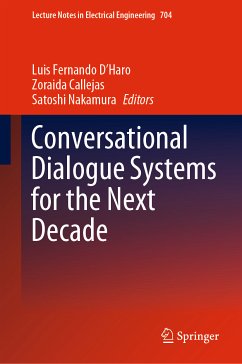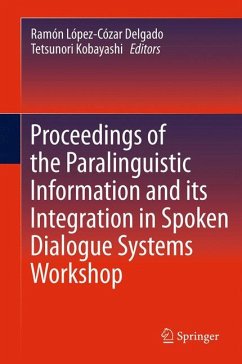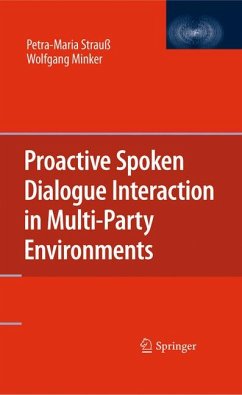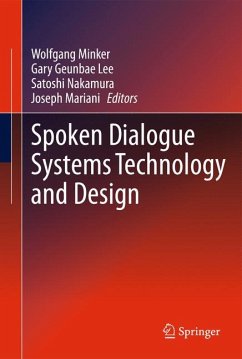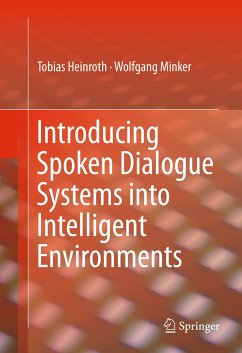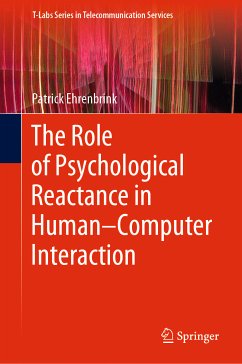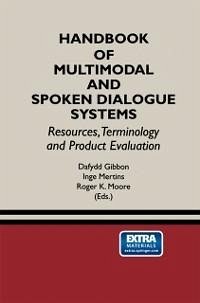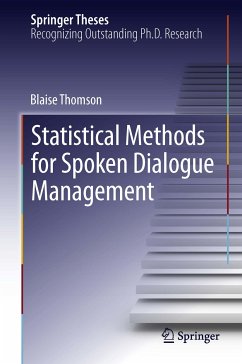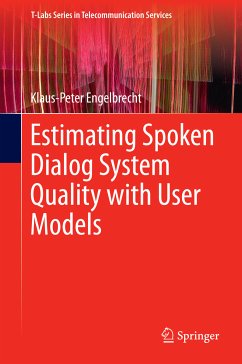Erik Marchi is a Machine Learning Researcher in the Siri Speech team at Apple. He received his M.Sc. degree (cum laude) in Electronic Engineering in 2011 from Università Politecnica delle Marche, Italy. From 2012 to 2016, he worked towards his Ph.D. degree (awarded in 2019) as a Researcher in the Machine Intelligence and Signal Processing Group at the Institute for Human-Machine Communication of Technische Universtität München. He is a member of the IEEE/ACM and (co-)authored more than 60 publications (2k citations) in peer-reviewed journals and conference proceedings. Sabato Marco Siniscalchi is a Full Professor at the University of Enna "Kore", Italy, and affiliated with the Georgia Institute of Technology (GaTech), Atlanta (GA), USA. He received his laurea and doctorate degrees in Computer Engineering from the University of Palermo, Italy, in 2001 and 2006, respectively. In 2006, he was a Postdoctoral Fellow at the GaTech, and he joined the Norwegian University of Science and Technology (NTNU), Trondheim, Norway, as a Research Scientist from 2007 to 2010. In October 2017, he was on one-year leave from his academic appointment and joined as Senior Speech Researcher at the Siri Speech Group, Apple Inc., Cupertino CA, USA. He acted as an Associate Editor in IEEE/ACM Transactions on Audio, Speech and Language Processing, from 2015 to 2019, and was the recipient of a certificate of merit for outstanding editorial board in April, 2018. Prof. Siniscalchi is an elected member of the IEEE Speech and Language Technical Committee (2019-2021). Sandro Cumani received the Ph.D. in Computer and System Engineering from Politecnico di Torino in 2012. From 2012 to 2013, he was a Researcher at the Brno University of Technology. In 2013, he joined Politecnico di Torino and is currently an Assistant Professor. His research interests include machine learning, speech processing and biometrics, speaker and languagerecognition. He has (co-)authored more than 50 publications and currently acts as an Associate Editor for IEEE Signal Processing Letters. Valerio Mario Salerno is a Researcher at the Faculty of Engineering and Architecture, Kore University of Enna, Italy. He received his Bachelor's degree in Telematic Engineering from the University of Catania, Italy, and both his Master's degree (cum Laude) in Telematic Engineering and Ph.D. from Kore University of Enna, Italy. He is Guest Editor for the special issue "Internet of Things for Smart Homes" of Sensors. His research interests include neural networks and automatic speech recognition systems. Haizhou Li is currently a professor at the National University of Singapore. His research interests include automatic speech recognition, natural language processing and information retrieval. Prof. Li has served as the Editor-in-Chief of IEEE/ACM TRANSACTIONS ON AUDIO, SPEECH AND LANGUAGE PROCESSING (2015-2018), the President of International Speech Communication Association (2015-2017), the President of Asia Pacific Signal and Information Processing Association (2015-2016), General Chair of ACL 2012 and INTERSPEECH 2014. Prof. Li has worked on speech and language technology in academia and industry since 1988. He is a Fellow of IEEE and ISCA.
